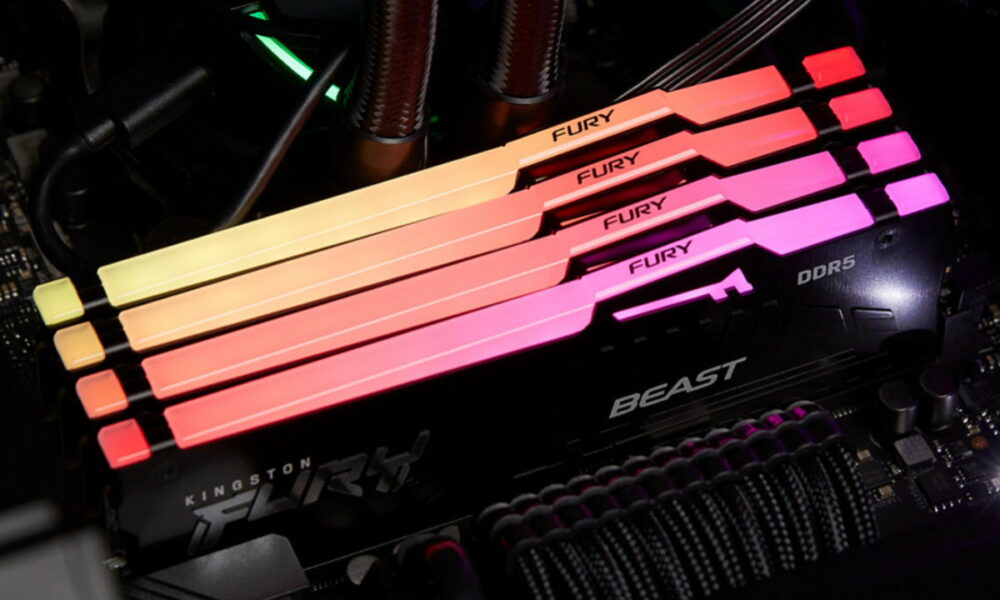The JEDEC Solid State Technology Association, the industry group that regulates major computer memory standards, has updated the DDR5 memory standard with features designed to improve data reliability and securityand increase performance in a wide range of applications, from high-performance servers to new technologies such as artificial intelligence and machine learning.
DDR5 is the most advanced standard for what we know as RAM, an essential part of every personal computer. Compared to DDR4, the standard changed the physical design of the modules, but also improved their characteristics, increased performance in operating speeds, encapsulation density to increase the capacity of the modules and a slight but always welcome reduction in power consumption.
DDR5 memories: higher performance and security
When JEDEC launched its DDR5 specification (JESD79) in 2020, the organization defined exact specifications for modules that would reach 6400 Mbps as a normative maximum, and we say “normative” because that speed has been widely exceeded by overclocking techniques as experts who they use specific cooling systems, as well as by the manufacturers themselves, who have launched modules with a speed higher than that set by the standard.
JEDEC has left the specification open to further expansion with faster memory as technology has progressed, and now the agency is announcing a faster generation of DDR5 memory as part of the recently updated JESD79-JC5 specification. The most notable innovation is the step from 6400 to 8800 at maximum speed.

Unfortunately, the performance of the DRAM cells themselves has not improved much in recent years, so the memory chips still have to work with similar absolute latencies, which increases the relative CAS latency. Last gen motherboards for DDR5 should support this and we expect to have new Intel XMP 3.0 and AMD EXPO memory profiles to make it easier overclocking with a simple click. In any case, we are talking about improving the maximum memory bandwidth of the standard by 37.5%.
JEDEC has also added new features improve operational stability and safety. We’ve already commented on other occasions that RAM is very delicate and its operation often causes random errors that can drive anyone crazy. Or blockages if we don’t have enough capacity depending on the type of task being performed.
In terms of security, the group introduced what it calls PRAC, a comprehensive solution that helps improve data integrity and combat Row hammer attacks that enable specific exploits in this type of random access memory. It will be part of the DDR5 upgrade, and JEDEC says it is also working to incorporate this feature into other DRAM product families.














